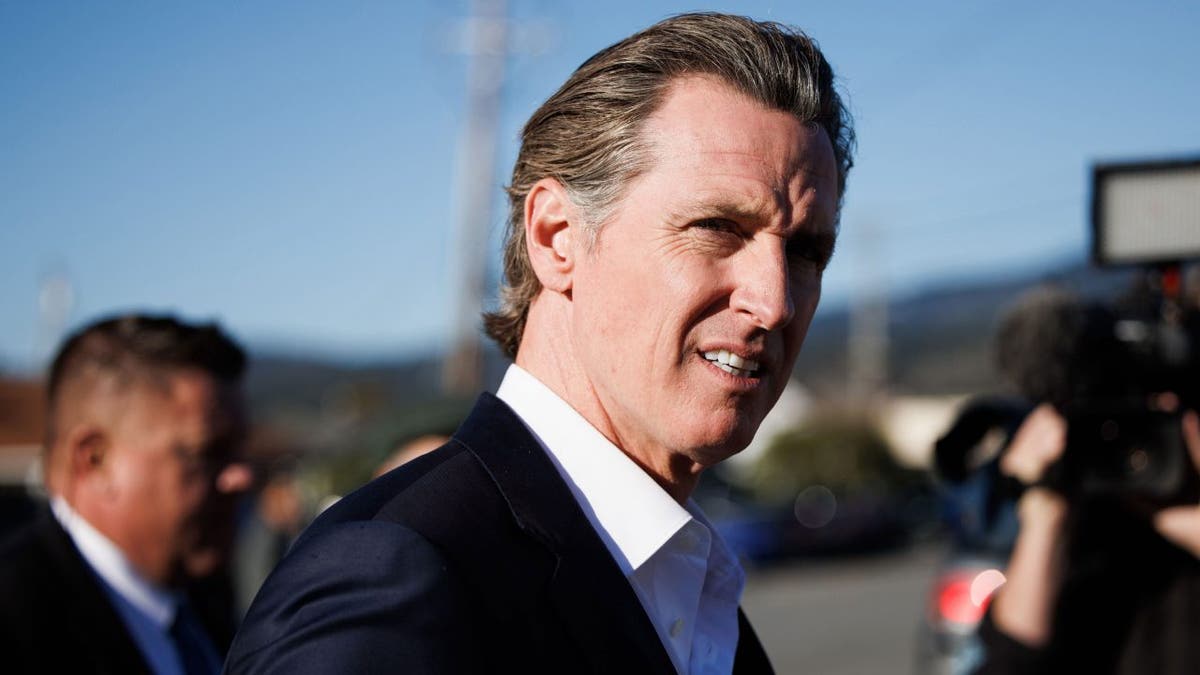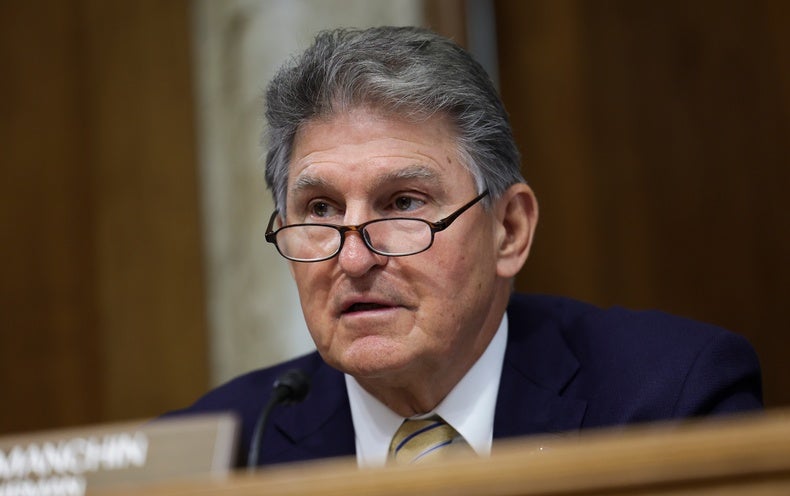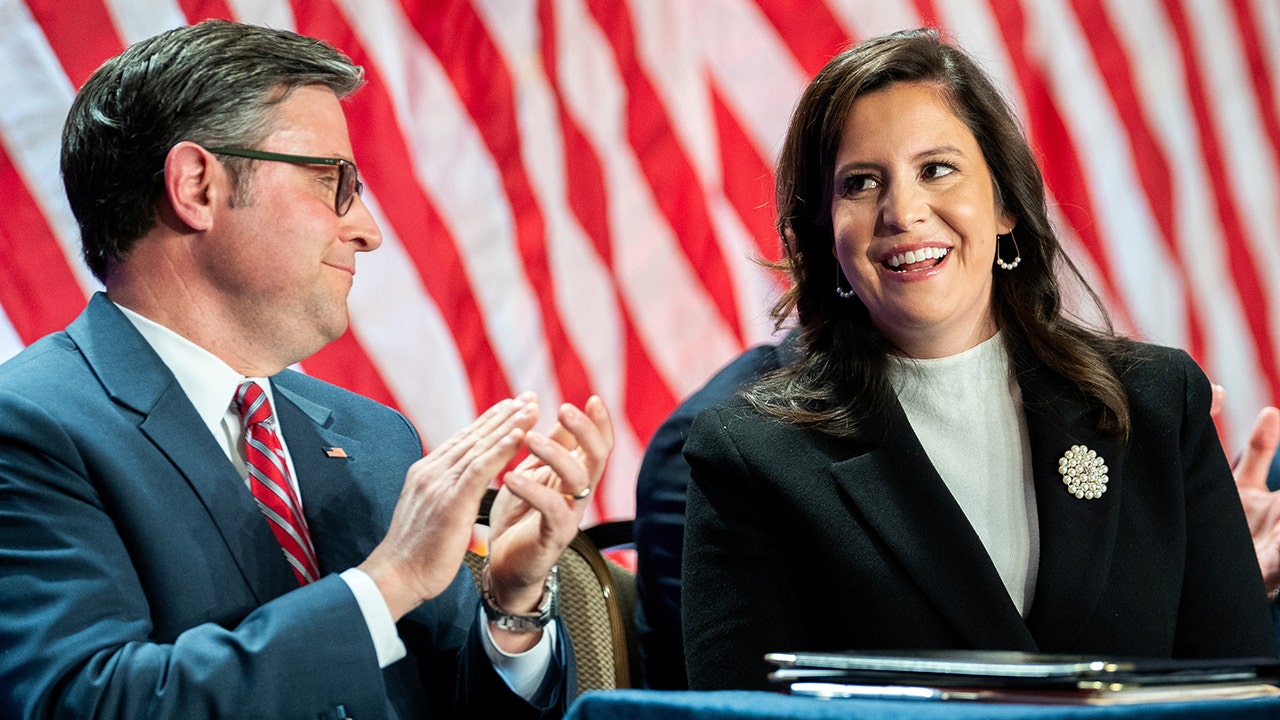Doctor Who is full of companions – the characters who meant the most to their respective Doctors – so here are all the Doctor Who companions in order. Modern Doctor Who has introduced much to the franchise’s canon, including the Time War, River Song, and the word “fam”. But among the various additions comes the idea that each incarnation of The Doctor has a companion they’re most attached to. Whether via a romance angle, a pre-regeneration dream sequence, or preferential treatment, new Doctors unquestionably play favorites with their companions.
Although it may not have been as explicit, this isn’t actually a new phenomenon. The tradition of each Doctor having a “true” companion traces back all the way to William Hartnell and is consistently present throughout the decades. Interestingly, the reasons and qualifications are rarely the same. Some of the following companions were selected by virtue of being the best of a bad bunch, others because of their longevity, and some because of certain story developments that raised them above other companions of their era.
The question boils down to this: if each regeneration of The Doctor could only travel with one of their companions for all eternity, which one would it be? Here is the full Doctor Who companions list.
First Doctor: Susan
William Hartnell’s First Doctor was blessed with a trio of companions when Doctor Who debuted in 1963, but while Ian Chesterton and Barbara Wright played their part, it was Susan (probably not her real name in hindsight) who laid the blueprint for a traditional Doctor Who companion. Although not shown on-screen, taking Susan along while fleeing Gallifrey is a clear sign of the bond The Doctor shared with his granddaughter and leaving her behind is the Time Lord’s first real loss in the series. The First Doctor’s TARDIS had somewhat of a revolving door when it came to companions, but Susan can consider herself the original.
Second Doctor: Jamie McCrimmon
Undoubtedly one of the most underrated figures on the Doctor Who companions list, the 18th-century Scotsman known as Jamie McCrimmon is one of the longest-running assistants in the series, accompanying Patrick Troughton’s Second Doctor for almost the entirety of his run. While Jamie’s roots made him even more ignorant than The Doctor’s 20th-century companions, the character learned quickly and was fiercely loyal in a way modern viewers might be unfamiliar with. Frazer Hines had mischievous chemistry with Troughton behind the camera and this was evident on-screen. Honorable mention goes to Zoe, who complemented the duo perfectly.
Third Doctor: Jo Grant
Doctor Who underwent a soft reboot with its third incarnation, but initially struggled to get its revamped companions right. Progression was clearly needed from the screaming helpless damsel trope, but Jon Pertwee‘s initial companion, Liz Shaw, was smart enough not to require exposition, defeating the point of The Doctor even having a human partner. Enter, Jo Grant. Arguably a progenitor for the current companion model, Jo was inquisitive and confident but dazzled enough by The Doctor’s brilliance to need everything explained to her. Moreover, the chemistry between Pertwee and Katy Manning was engaging and her departure scene proved especially heart-wrenching.
Fourth Doctor: Sarah Jane Smith
Often considered the best companion of Doctor Who‘s classic run, Elisabeth Sladen made a lasting impression as Sarah Jane Smith, evolving the template set by Jo Grant previously. More so than her predecessors, Sarah Jane naturally grew into a second main character and although she debuted alongside the Third Doctor, her wits were slightly better suited to the eccentric ramblings of Tom Baker’s Time Lord. The Fourth Doctor would struggle to find an equally fitting companion, treating Leela with occasional contempt and burning through several regenerations of Romana.
Fifth Doctor: Tegan Jovanka
It wasn’t going to be Adric. Compared to his quartet of predecessors, Peter Davison’s Fifth Doctor was a little short-changed in the companion stakes, and it’s no coincidence that this era was the start of a gradual decline in viewership for the BBC’s science fiction series. But between companion-by-numbers Nyssa and the untrustworthy Turlough, Janet Fielding is fondly remembered as Tegan Jovanka. Although more prone to complaining than Jo or Sarah Jane, Tegan’s questioning of The Doctor’s morality and determination to do the right thing were perfectly aligned with Davison’s more relaxed, friendly Doctor.
Sixth Doctor: Peri Brown
As mentioned previously, picking a Doctor’s true companion is sometimes just a matter of finding the “least worst option,” and so it proves with the Sixth incarnation. The first American companion to travel in the TARDIS, Peri was a more stereotypical assistant for Colin Baker’s Sixth Doctor – squealing when needed and prodding for exposition at regular intervals. Peri rarely ventured out of those strict confines and the Sixth Doctor afforded her about as much kindness as a Cyberman gives organic life forms… but the other option was Mel Bush.
Seventh Doctor: Ace
Doctor Who might’ve been canceled during the tenure of Sylvester McCoy’s Seventh Doctor, but at least this era gave the world Ace, played by Sophie Aldred. Picking the most suitable companion of the Seventh Doctor between Mel and Ace is a no-brainer, with Aldred bringing a refreshing and contemporary edge to the TARDIS. One of the more action-ready characters, Ace was the brave and bold to her Doctor‘s unassuming calm, and the duo made a firm pairing. It’s no coincidence that Ace recently returned to the Doctor Who world and received a hugely enthusiastic reception from fans.
Eighth Doctor: Lucie Miller
Only one of the Eighth Doctor’s companions appeared on-screen, and that was in the poorly-received 1990s TV movie, necessitating a dive into the world of Big Finish in order to find the true companion to Paul McGann’s Eighth Doctor. Played by Sheridan Smith, Lucie was forced upon The Doctor by the Time Lords, and although a reluctant pairing at first, the duo came to be deeply fond of each other. Among the Eighth Doctor’s various audio companions, Lucie arguably left the biggest impression, and had she appeared on Doctor Who‘s main TV series, she’d no doubt rank among the most popular companions of all time.
The War Doctor: Ollistra
John Hurt’s War Doctor was known for going about life in his own unique fashion, and his taking of companions was no different. The War Doctor didn’t have a partner in the traditional sense, but more a string of short-term associates, which suited his darker, battle-weary persona. However, Cardinal Ollistra was perhaps the most regular presence in the War Doctor’s regeneration and, despite her barbed remarks to the contrary, the pair held great respect for each other. An unconventional companion for an unconventional Doctor.
Ninth Doctor/Tenth Doctor: Rose Tyler
It would be criminal to suggest that anyone other than Rose Tyler could be the true companion to David Tennant’s Tenth Doctor. Not only was this duo the first Doctor/companion pairing to be romantically linked, but the chemistry between Tennant and Billie Piper set the foundation for modern Doctor Who‘s TARDIS dynamics ever since. While Donna Noble certainly deserves an honorable mention, Martha’s arc was based entirely around being unable to fill Rose’s shoes, cementing the importance of Piper’s character. Because Christopher Eccleston’s Ninth Doctor only lasted a single season, Rose would be his favored companion by default.
Eleventh Doctor: Amy Pond
Companions seemed to take on an even greater, almost fairytale-like, importance when Steven Moffat took over as Doctor Who‘s showrunner, and it all began with The Girl Who Waited. After wisely veering away from another romance between Doctor and companion, Karen Gillan’s Amy Pond quickly came into her own, and her unshakable friendship with the Eleventh Doctor ran far deeper than most TARDIS pairings. The real giveaway as to Amy’s importance comes when Matt Smith’s Eleventh Doctor sees a vision of her shortly before regenerating. The first face he ever saw, indeed.
Twelfth Doctor: Clara Oswald
Clara took a while to become accustomed to Peter Capaldi’s newly regenerated Twelfth Doctor, but it soon became clear that she was far better suited to him than Eleven. All too often, Matt Smith’s Doctor saw Clara as “The Impossible Girl” – another cosmic puzzle he must solve. Only during the Capaldi era did Clara begin to exhibit more of her own personality, complimenting the Twelfth Doctor’s brash, unsociable alien tendencies wonderfully. Although Bill Potts and Nardole were both worthy assistants, it speaks volumes that Bill’s final gift to the outgoing Twelfth Doctor was a final conversation with a composite of Clara.
Thirteenth Doctor: Graham O’Brien
There are surely more companions to come for Jodie Whittaker’s Thirteenth Doctor, but out of the current trio, Graham looks to be the best single partner for The Doctor’s latest regeneration. Many fans would argue that Yaz deserves this accolade, but as documented above, each Doctor’s true companion often possesses qualities that are complementary to the Time Lord, rather than identical. Yaz might be a loyal friend and follower of The Doctor, but it’s Graham who often asks the difficult questions and comes up with the occasional reality-check when necessary.
Which Doctor Who Companions Have Died?
The Doctor is famous for regenerating every few seasons once their current body gives in, but they’re not the only Doctor Who character to encounter or cheat death. Many of the Doctor’s companions have died in the show. Some of these passings were permanent, like Amy and Rory’s bittersweet end after spending a long life together stuck in 1938 courtesy of a Weeping Angel. Not all companion deaths have stuck though, and in true Doctor Who fashion, many were restored using vague scientific wibbly-wobbly timey-wimey loopholes. Some also witnessed an alternate or future version of themselves, like Amy Pond in season 6 episode 10, “The Girl Who Waited.” Two notable companions with a particularly unique, Whovian relationship to death are Captain Jack Harkness and Clara Oswald.
Harkness (John Barrowman) was a recurring companion for the 9th and 10th Doctors, as well as the star of his own spin-off series, Torchwood. Due to being imbued with raw time energy by Bad Wolf Rose Tyler in season 1, Harkness can’t die. His body regenerates, although unlike the Doctor he remains the same. Jack Harkness has “died” multiple times by various means throughout the show, including by a Dalek blast and hanging on to the outside of the TARDIS while it travels through spacetime. When Jack finally does pass away, he’s over 5,000,000,000 years old, and the reveal that he becomes the Face of Boe is one of Doctor Who’s most celebrated moments.
The other companion of note, Clara, has a more tragic story regarding her own mortality. She was last seen in the 2017 Christmas special, “Twice Upon a Time.” Despite the 12th Doctor’s attempts to save her, Clara was “frozen” at the moment just before her death – able to move and operate, functionally immortal, but ultimately destined to return to her final seconds and perish. Come the conclusion, the Doctor’s memories of Clara had been wiped, and Clara is left traveling through time in her own TARDIS to “take the long way round,” knowing that sooner or later she’ll have to come back to London to meet her end.
What We Can Expect From Ncuti Gatwa’s Fourteenth Doctor
Sex Education’s Ncuti Gatwa is going to be taking the reins of the Doctor for the character’s 14th regeneration. It’s been confirmed that Gatwa’s Doctor will have a new companion, 18-year-old Rose, played by trans actor Yasmin Finney in another representation milestone. However, many previous travelers with the Doctor have hung around between regenerations. Unless Yasmin Khan (Mandip Gill) and Dan Lewis (John Stewart) are written out of the show by the time Jodie Whittaker’s 13th Doctor regenerates, there’s nothing to say Gatwa’s Doctor won’t keep them at their side. It’s not guaranteed though, and a new Doctor with all-new companions also isn’t an unprecedented direction for Doctor Who. just like Ncuti Gatwa’s inspired Doctor Who casting.
Gatwa previously starred in Sex Education as Eric Effiong, the gay son of conservative Nigerian immigrants. While Eric’s a little more sexual with his humor than would fit Doctor Who’s family-friendly tone, Gatwa’s quippy comebacks and delivery in the show feel right out of the David Tennant/Matt Smith playbook. Gatwa feels perfect for the 14th Doctor, and in a wider context, his position as a Black actor portraying one of the most famous multi-faced characters in Television is long overdue. Just as Jodie Whittaker broke ground by shattering the male-Doctor mold, Ncuti Gatwa’s Doctor in Doctor Who will both delight audiences and end unnecessary casting trends for a character who can, quite literally, be anybody.
Doctor Who returns this holiday season on BBC and BBC America.
About The Author


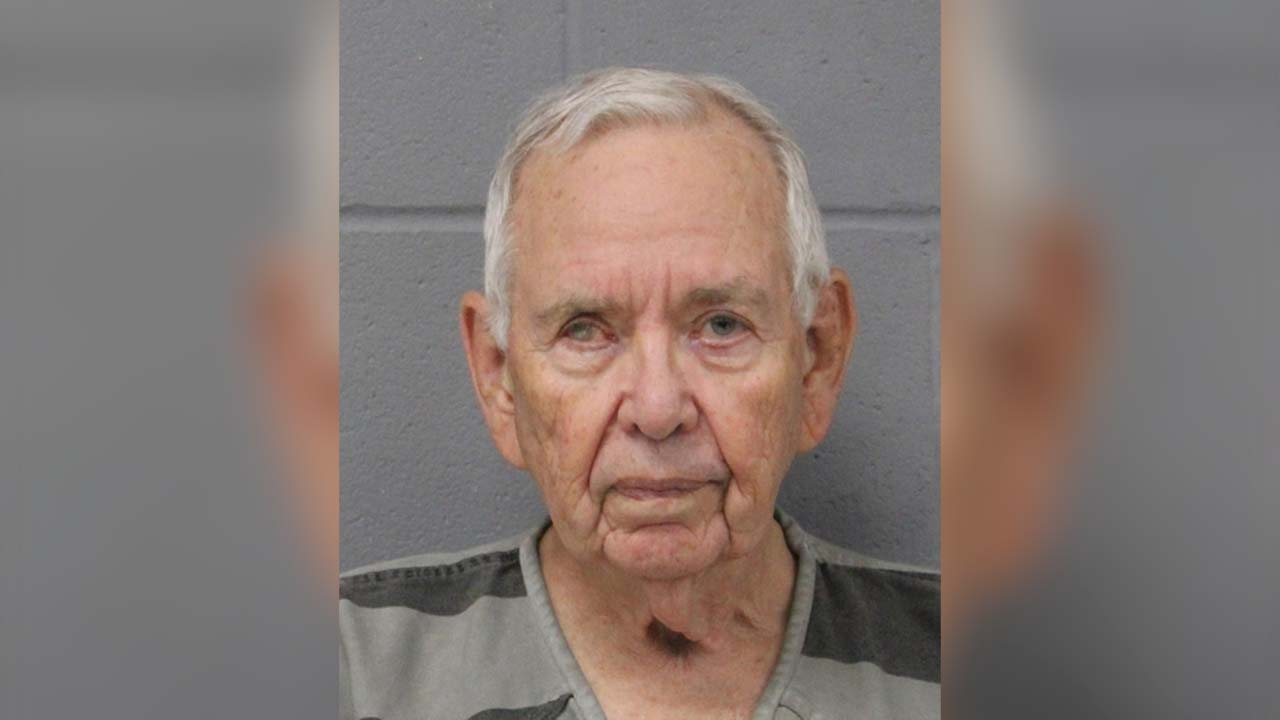











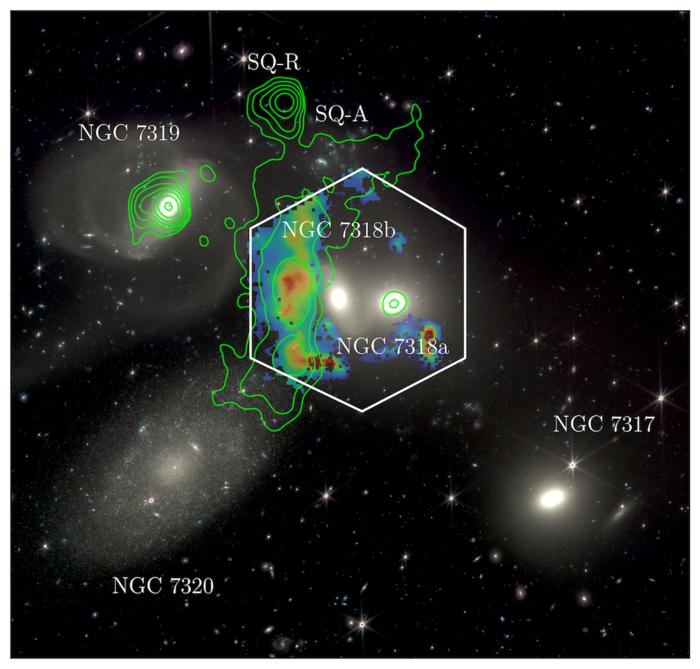
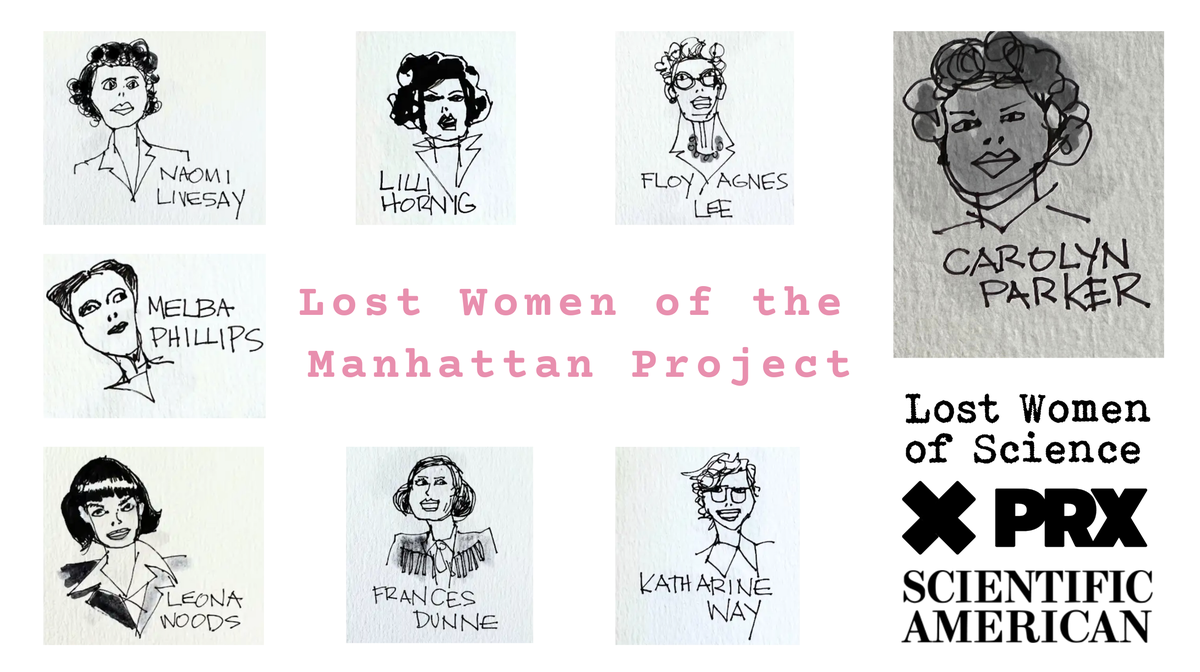













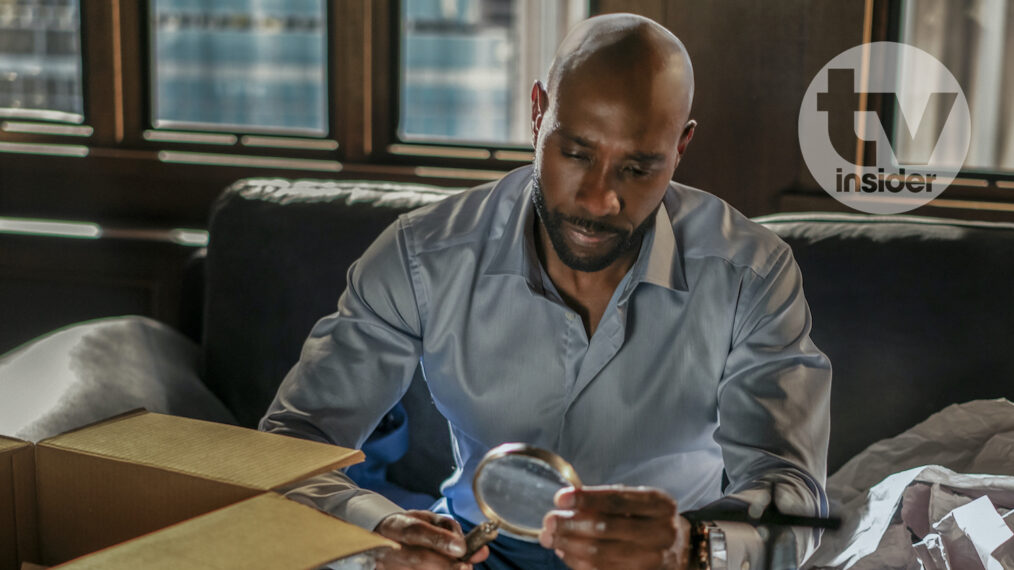







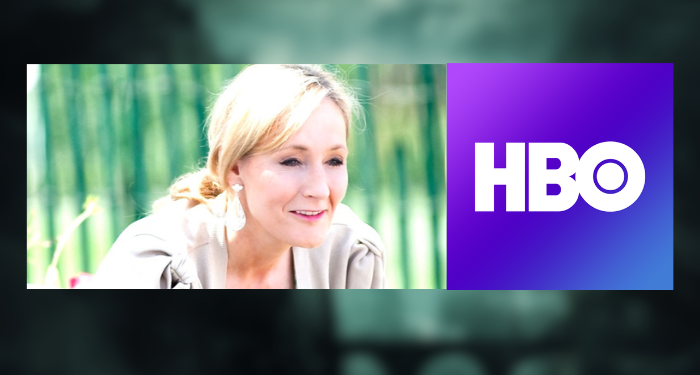








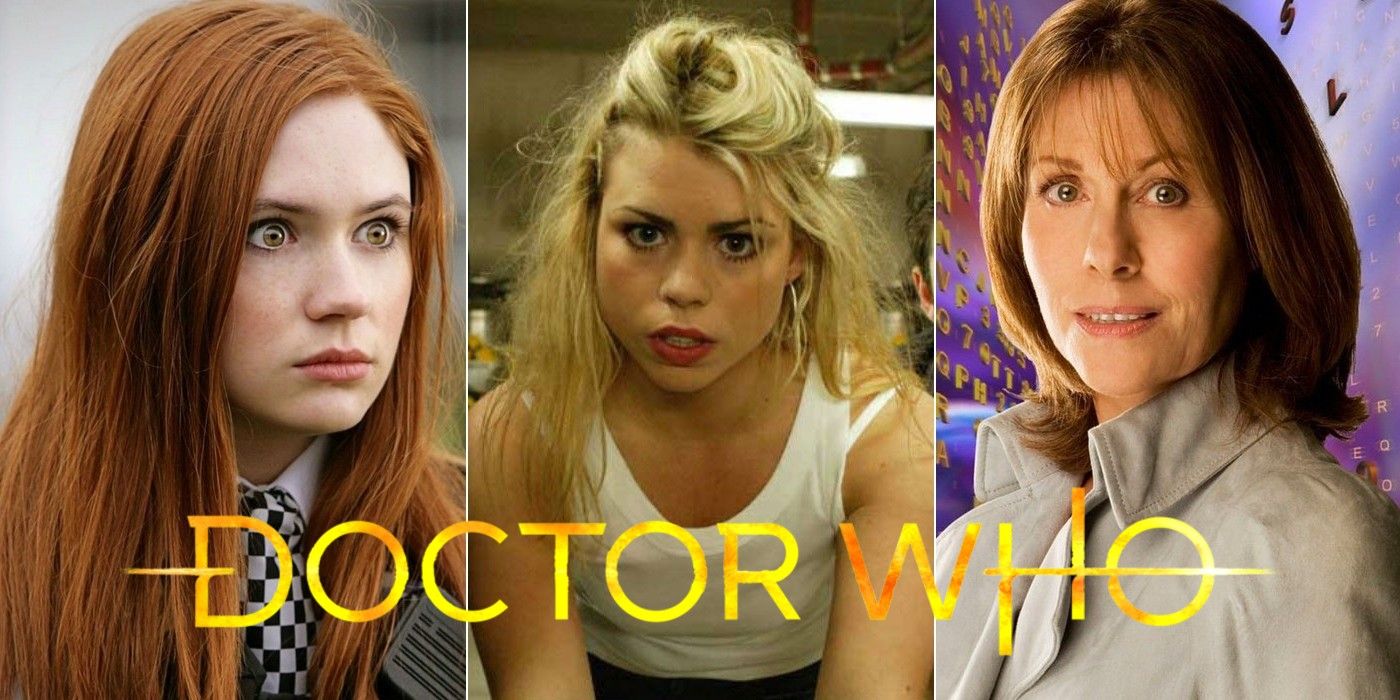


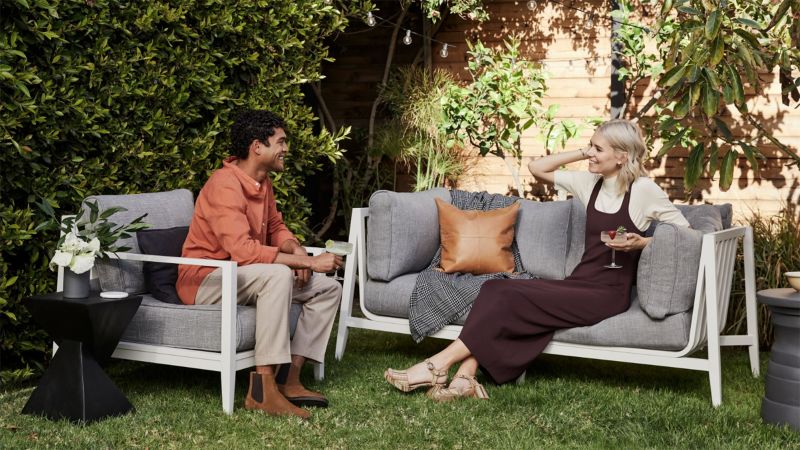


.jpg)
